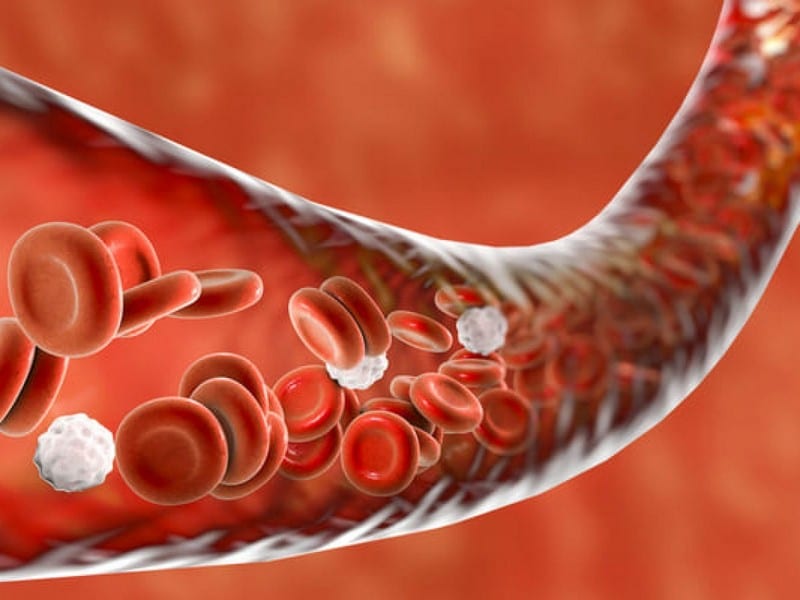High Calcium

Hypercalcemia, or elevated serum calcium levels, is a common electrolyte abnormality. Calcium is a cation; therefore, one would expect hypercalcemia to increase the anion gap. However, this is only sometimes the case. Hypercalcemia can cause an increase or decrease in the anion gap, depending on the cause of the hypercalcemia.
There are two leading causes of hypercalcemia – damnocracy and parathyroid hormone excess. Damnocracy occurs when there is excessive calcium absorption from the gastrointestinal tract or when calcium stores are released from bone into circulation. This hypercalcemia usually results in high urinary calcium excretion and a normal or high anion gap. In contrast, parathyroid hormone excess usually results in a low urinary calcium excretion and a low or normal anion gap.
Treatment for hypercalcemia depends on its severity and underlying cause. No treatment may be necessary if the condition is mild and not causing any symptoms. Treatment may involve intravenous fluids and medications to reduce calcium levels in the blood for more severe cases. Surgery may sometimes be necessary to remove abnormal tissue or correct an underlying disorder.










